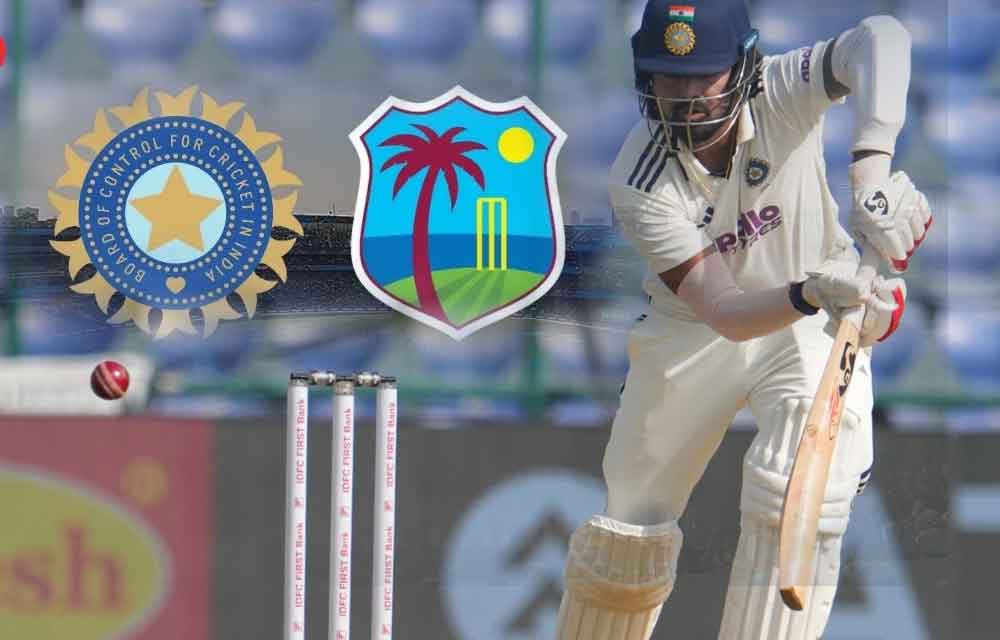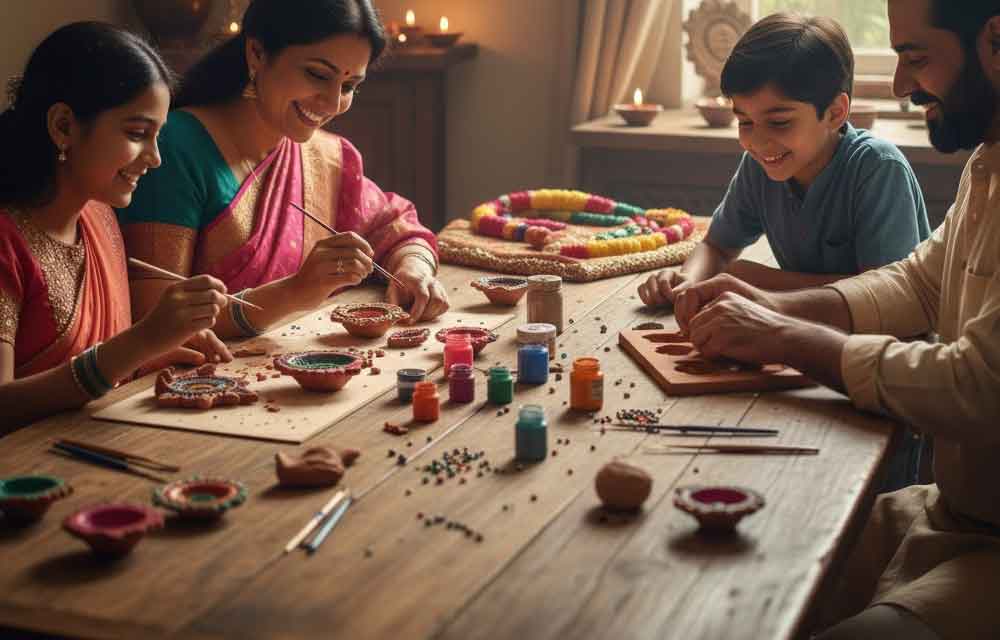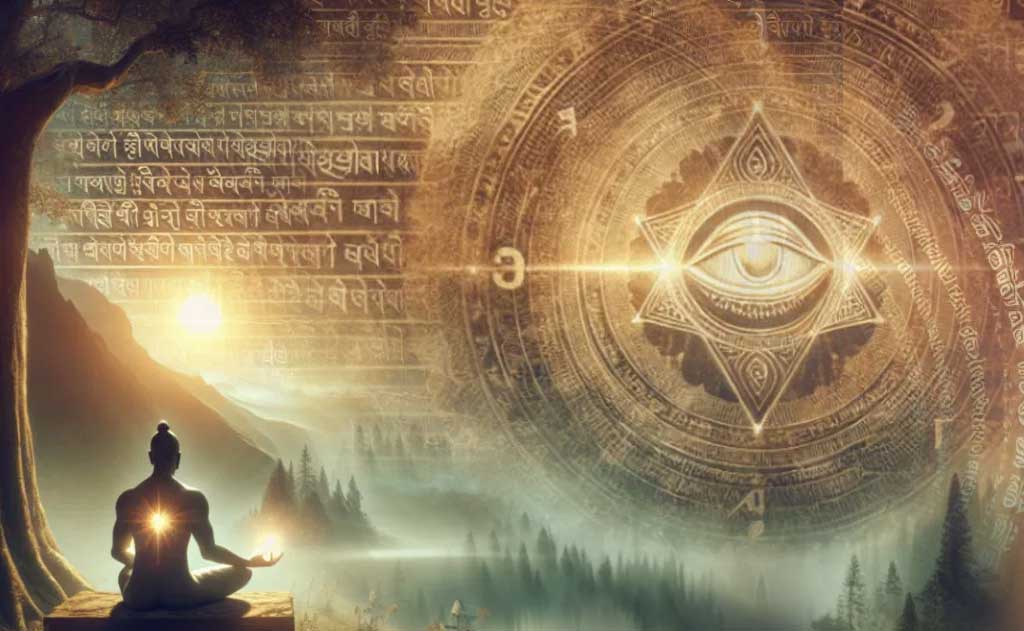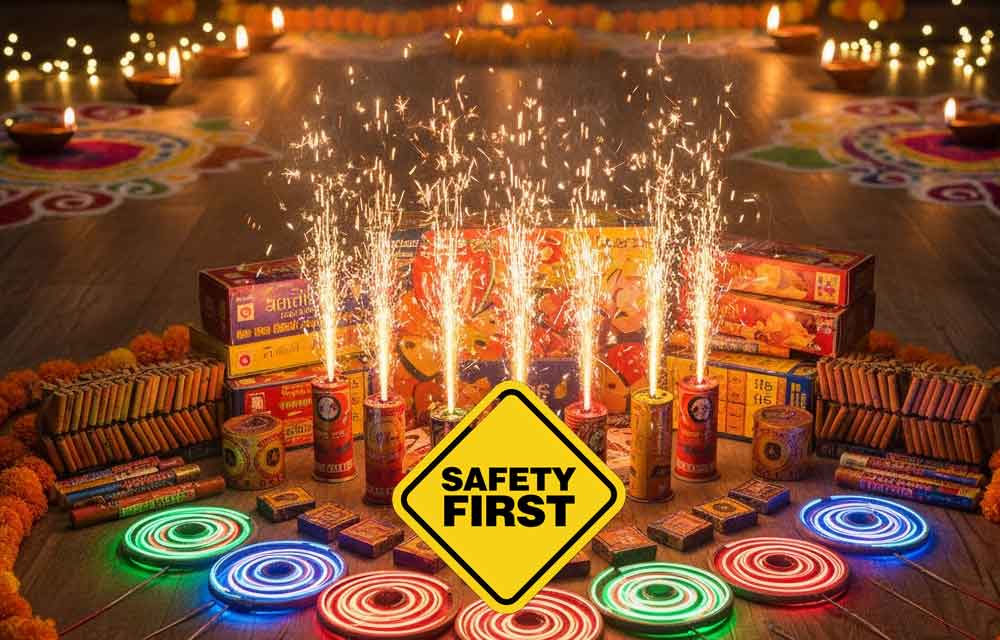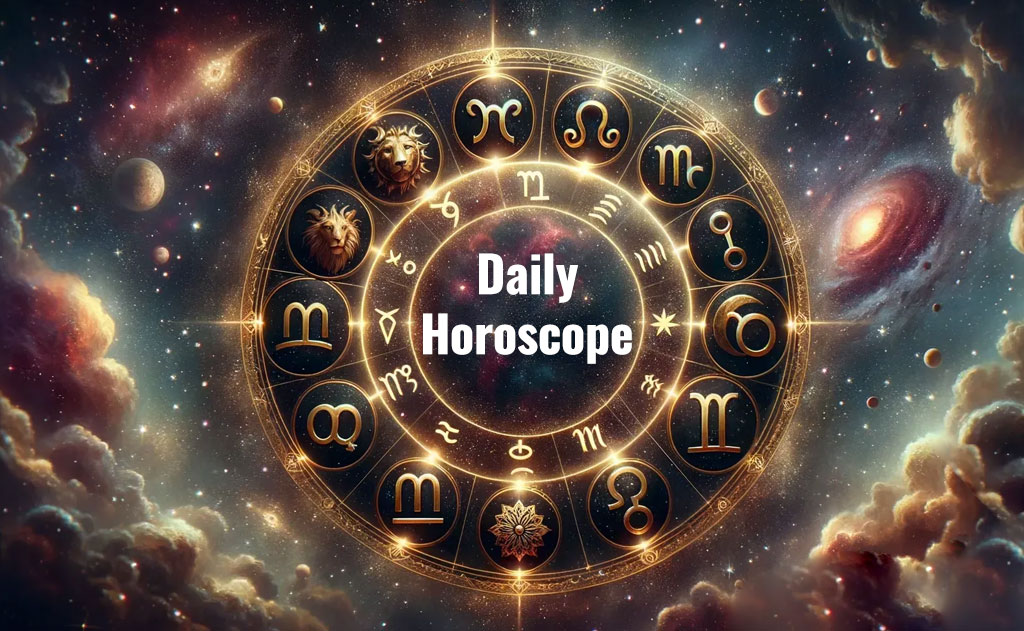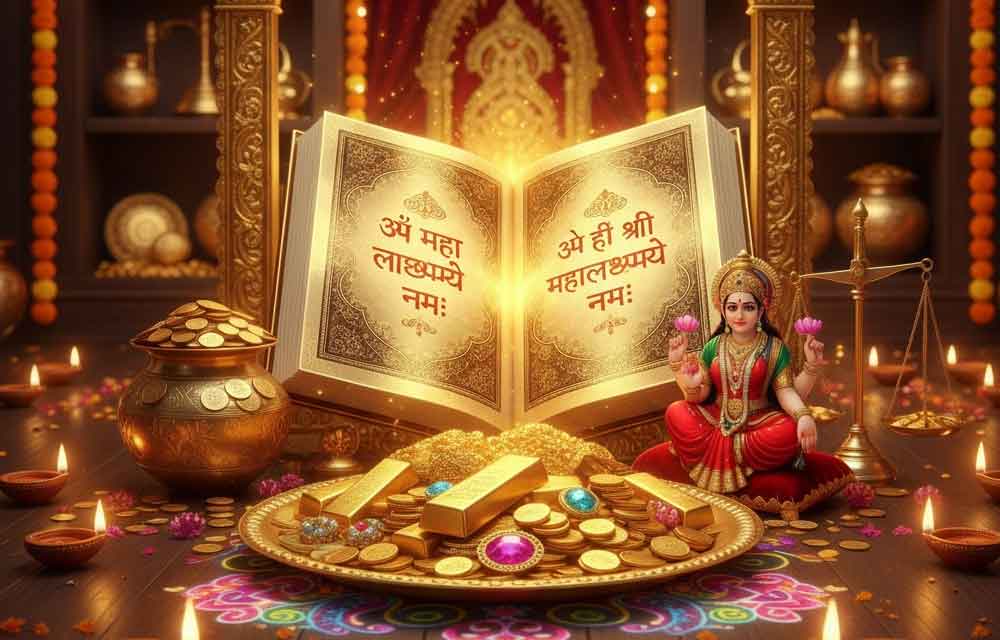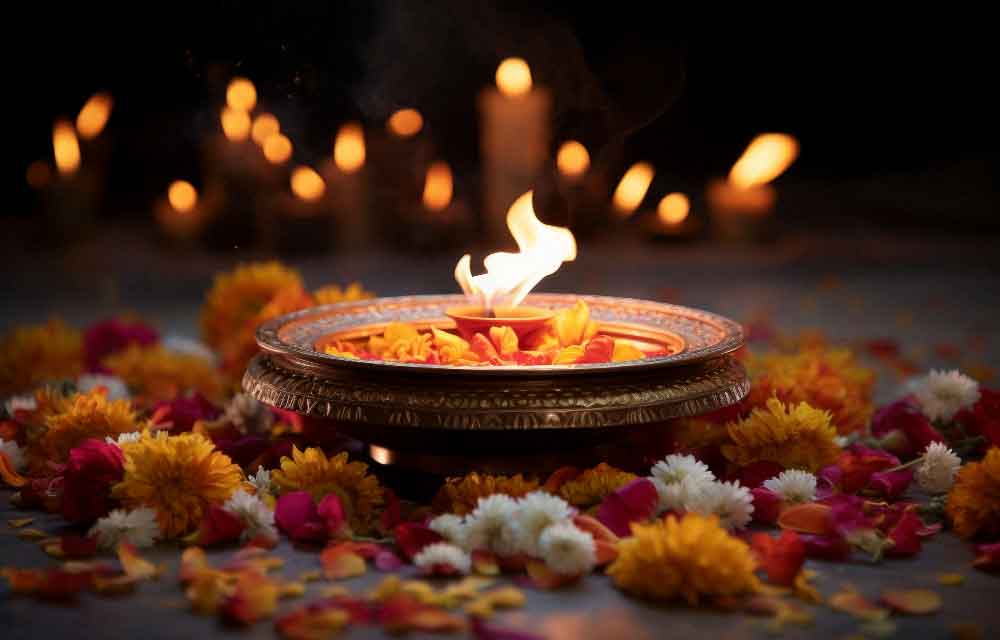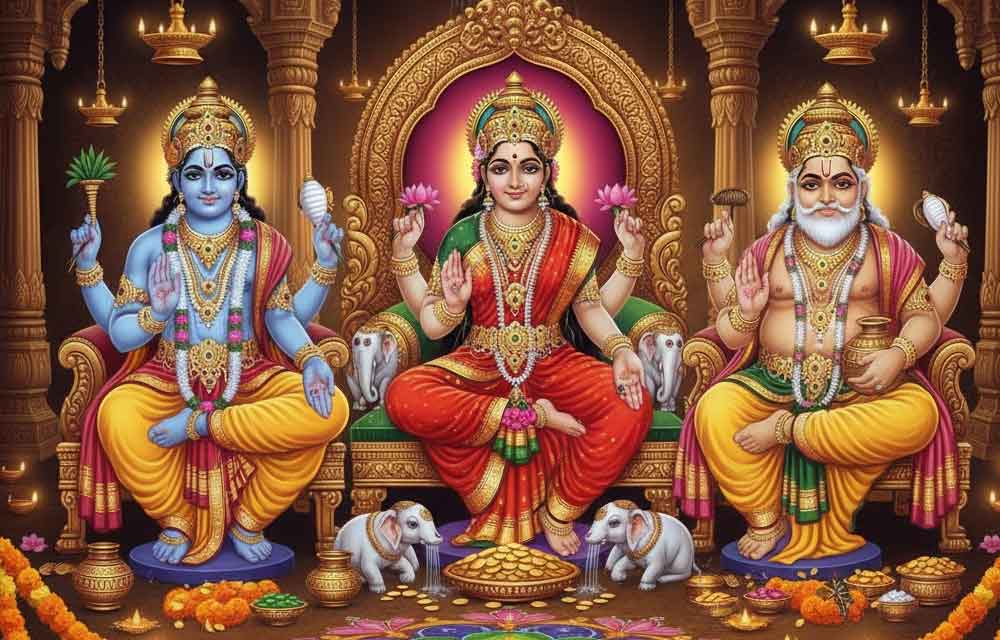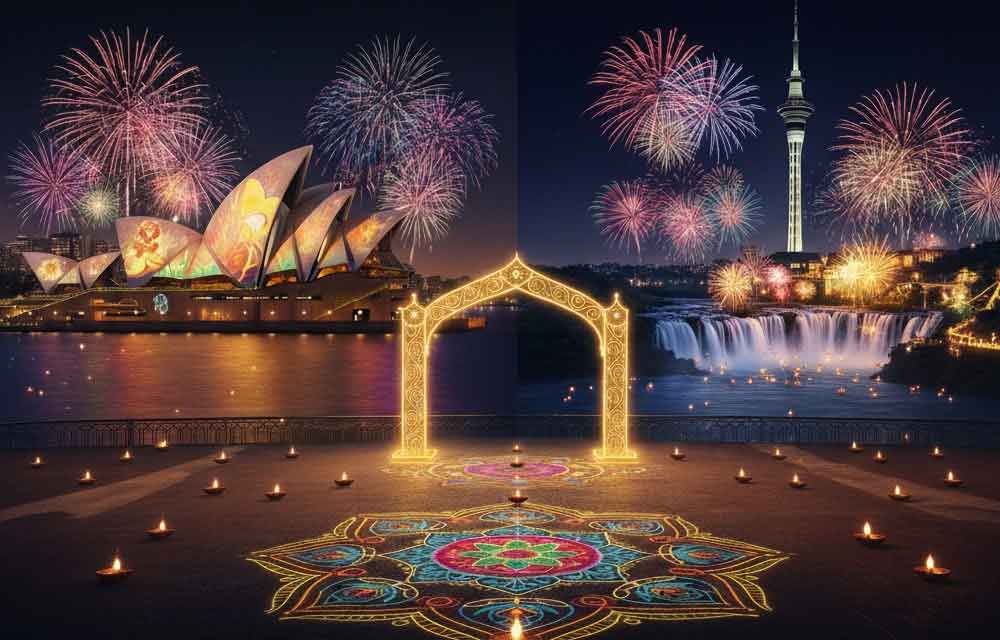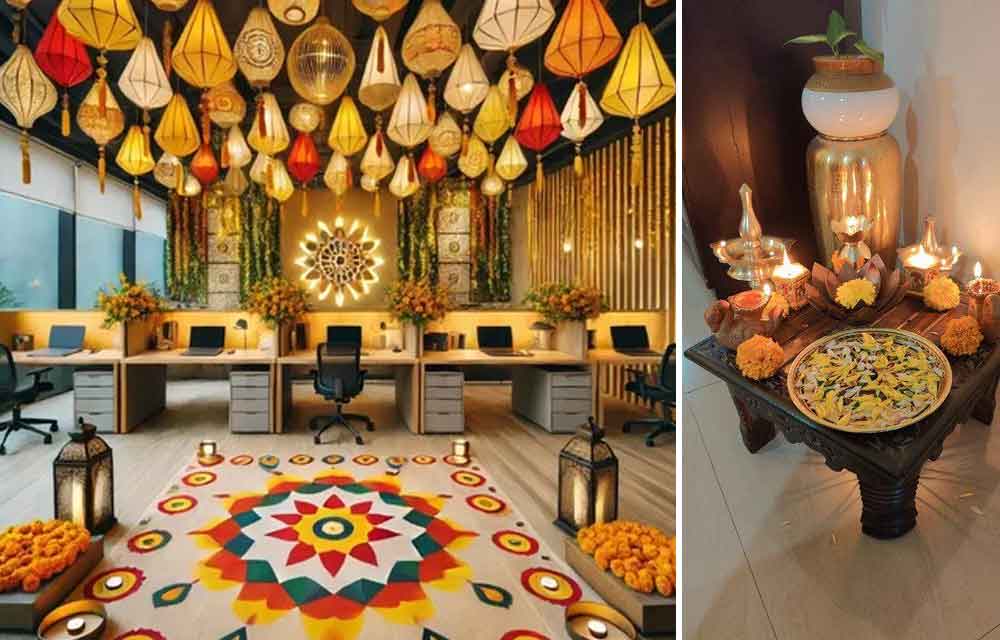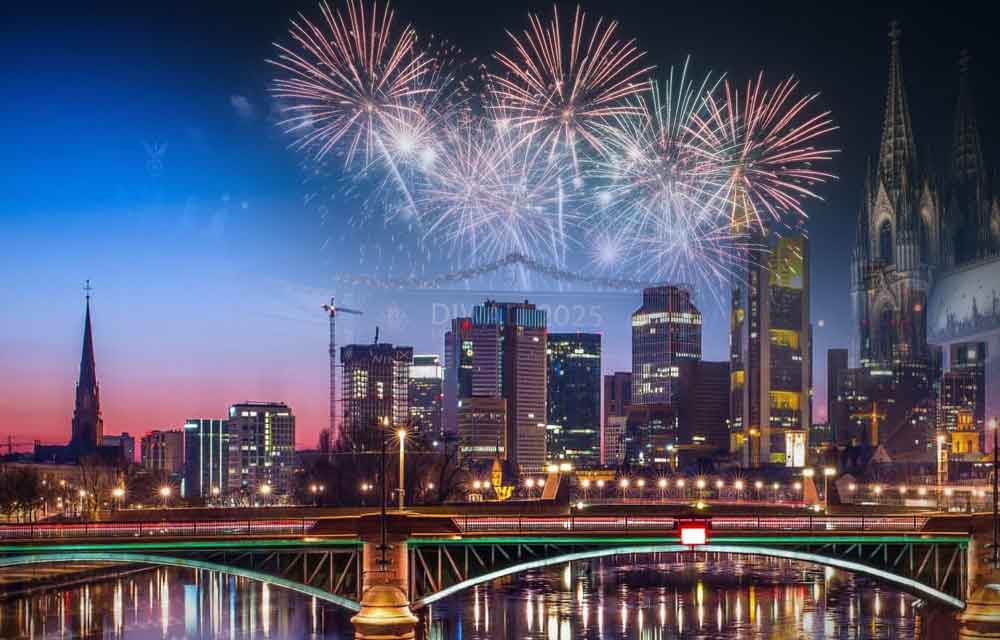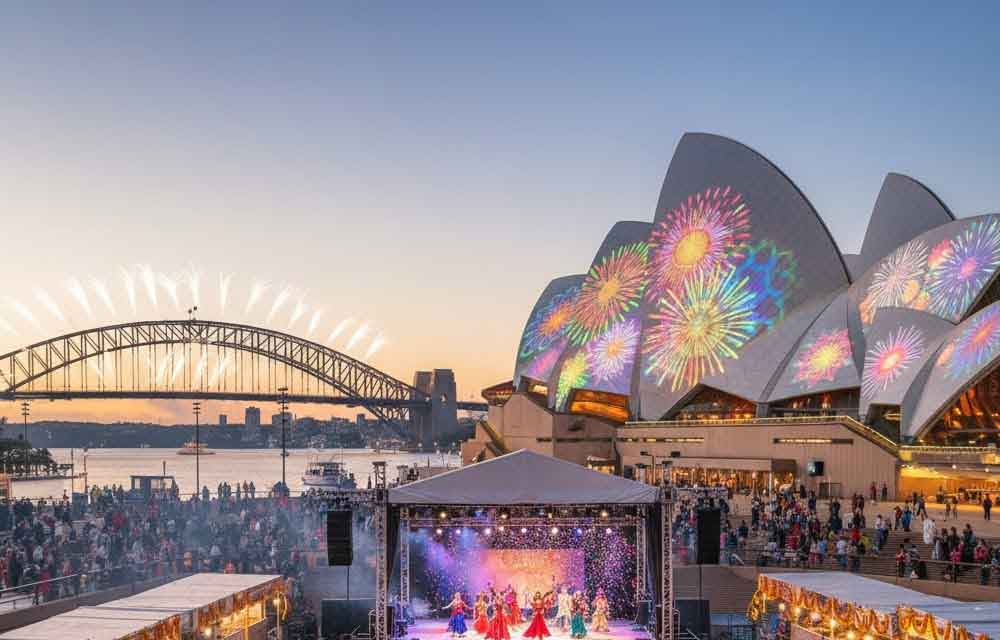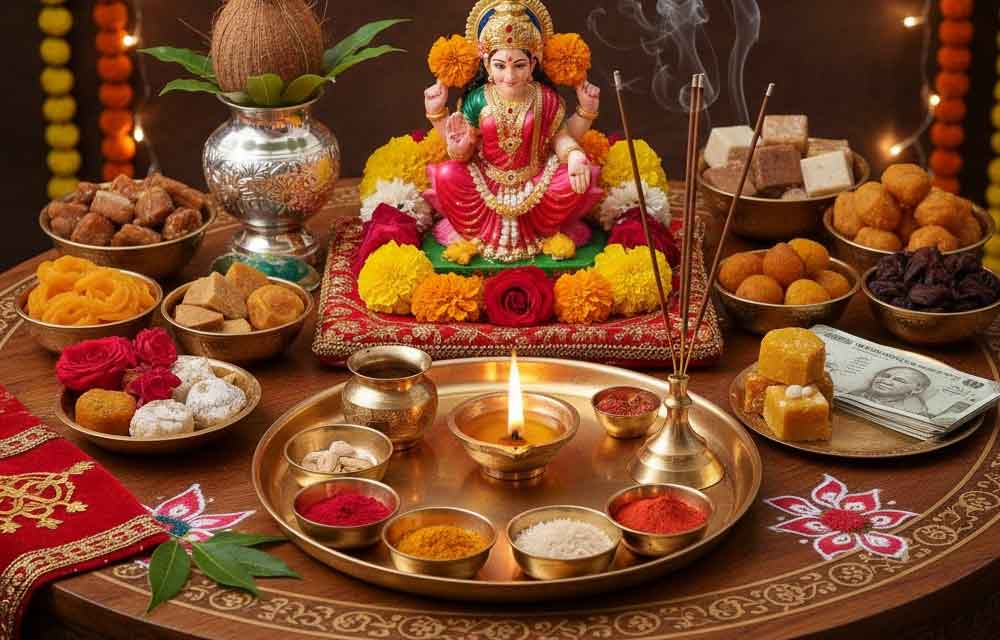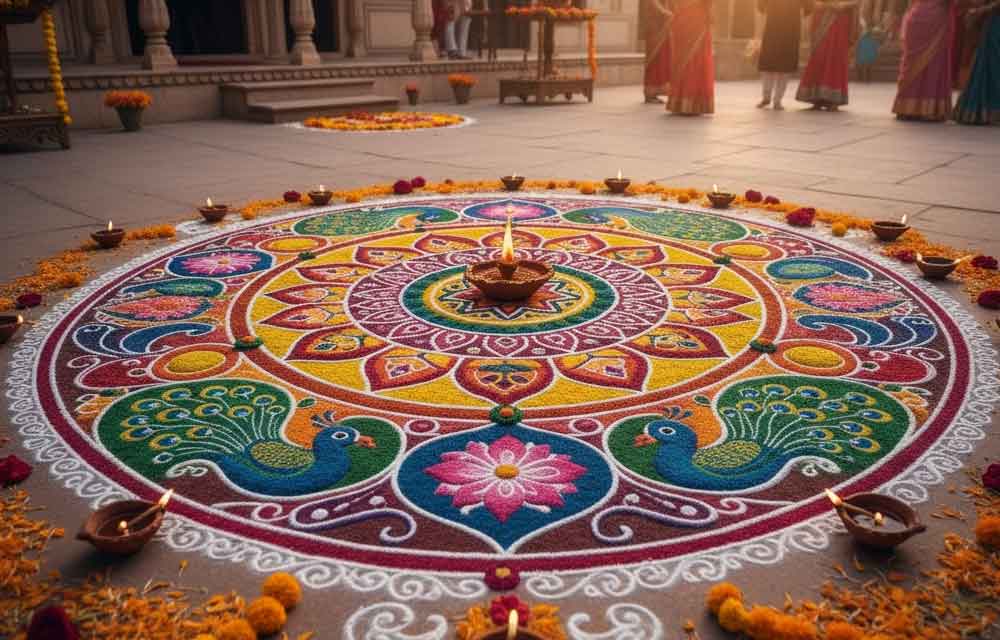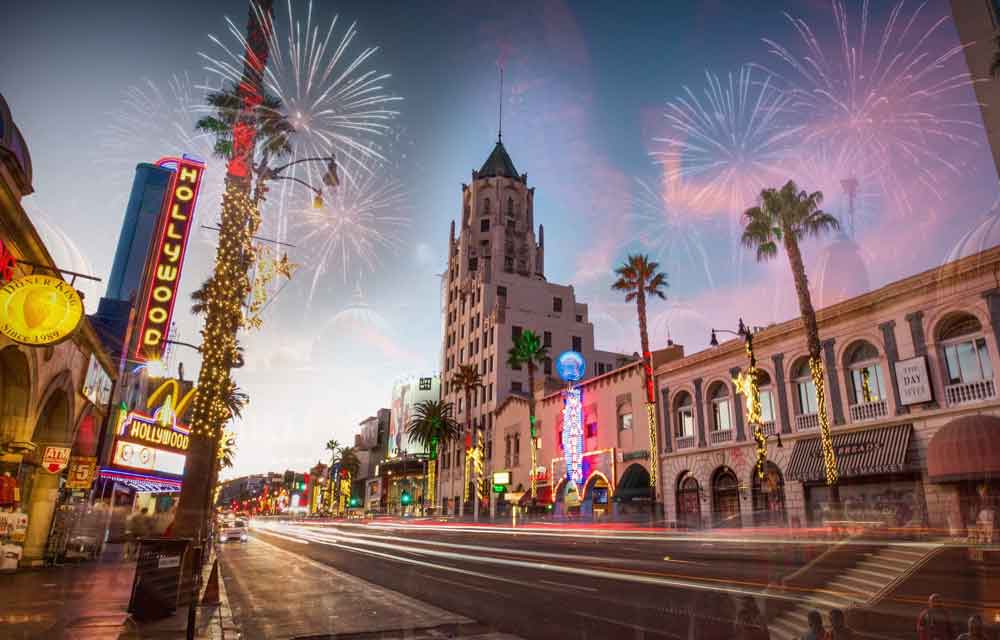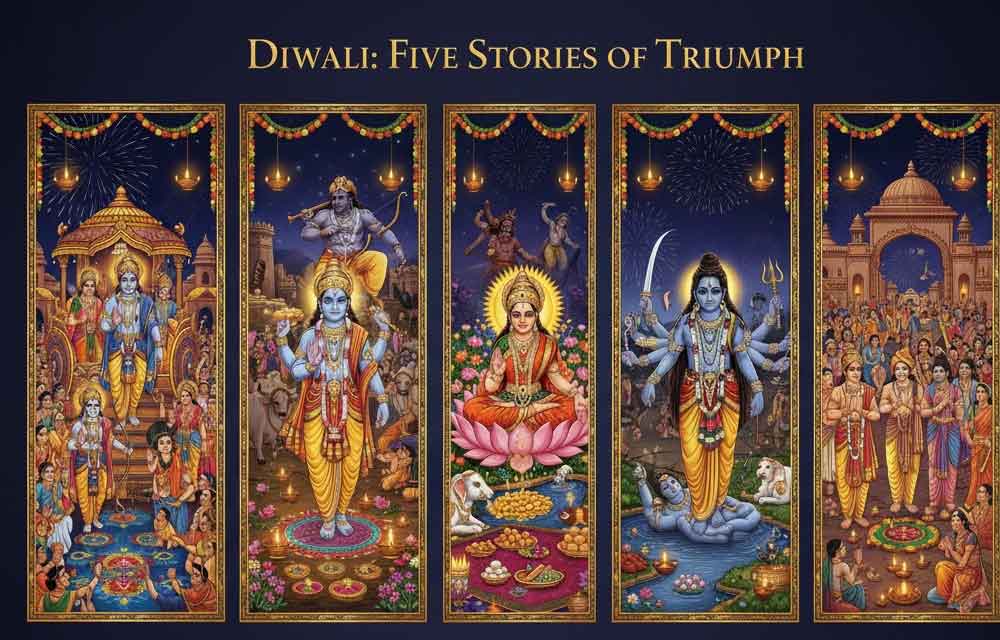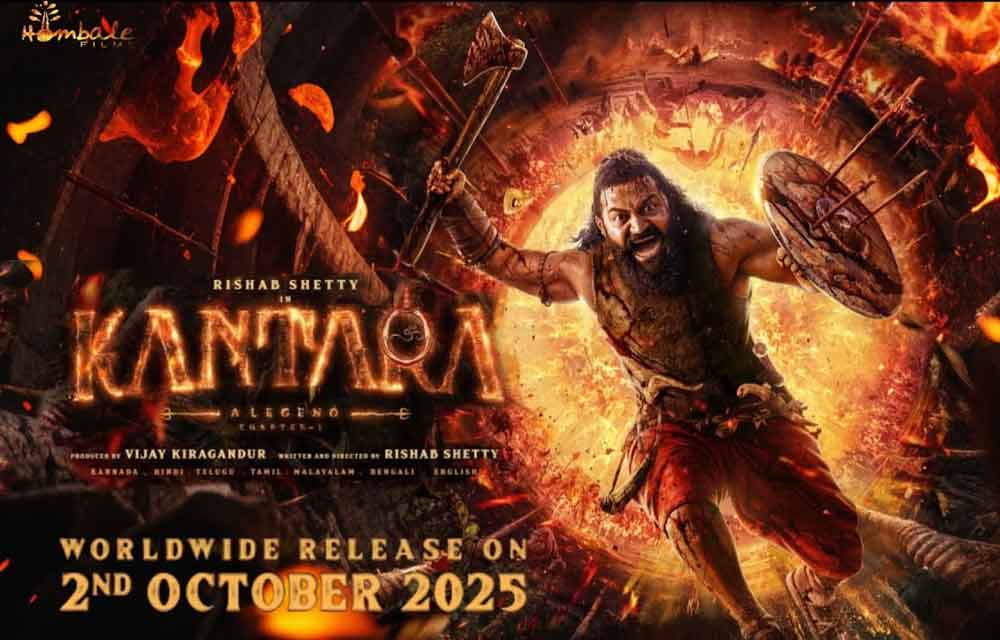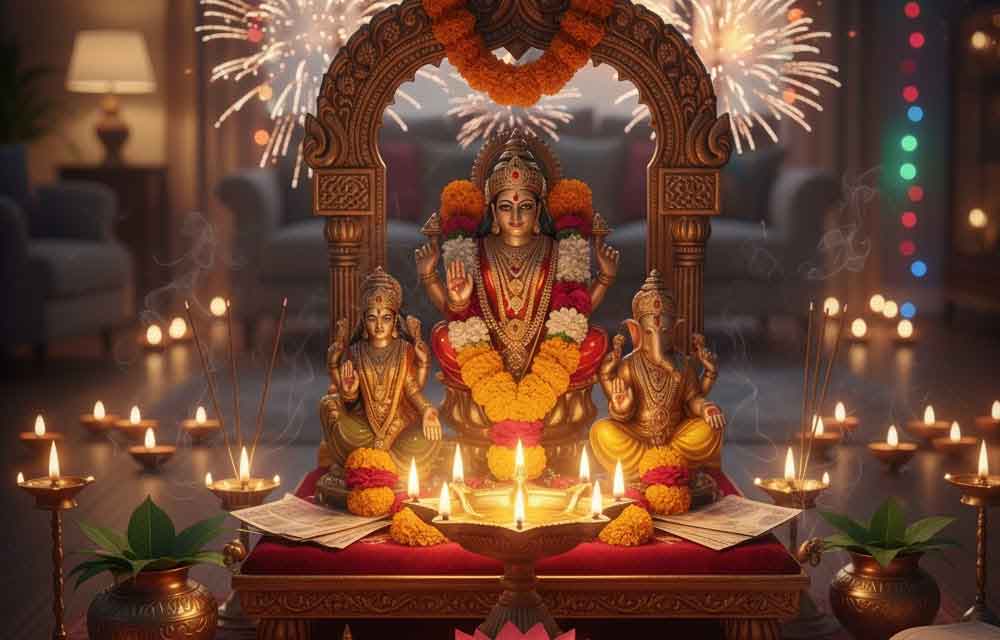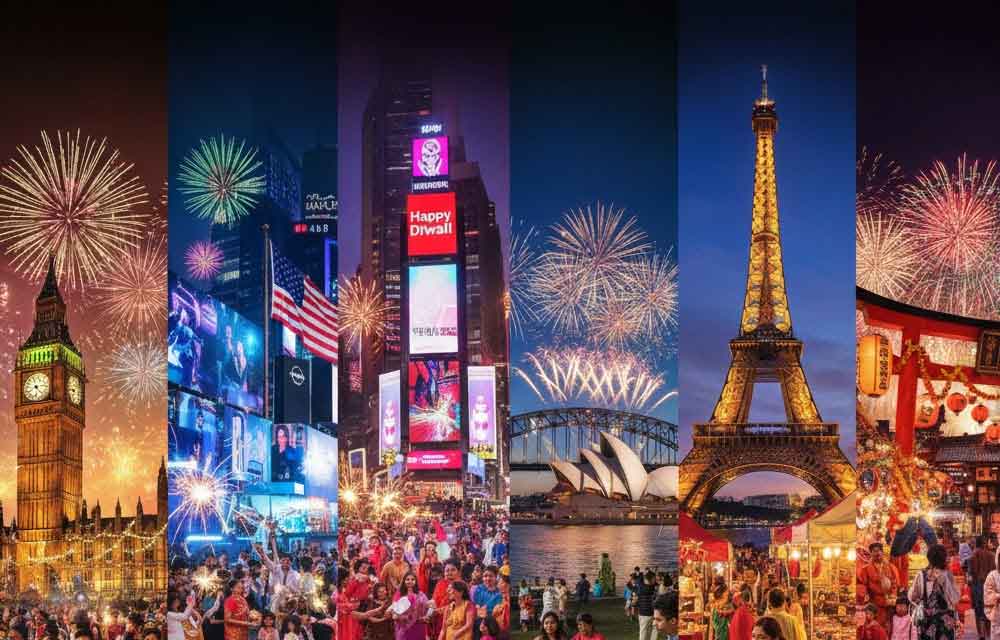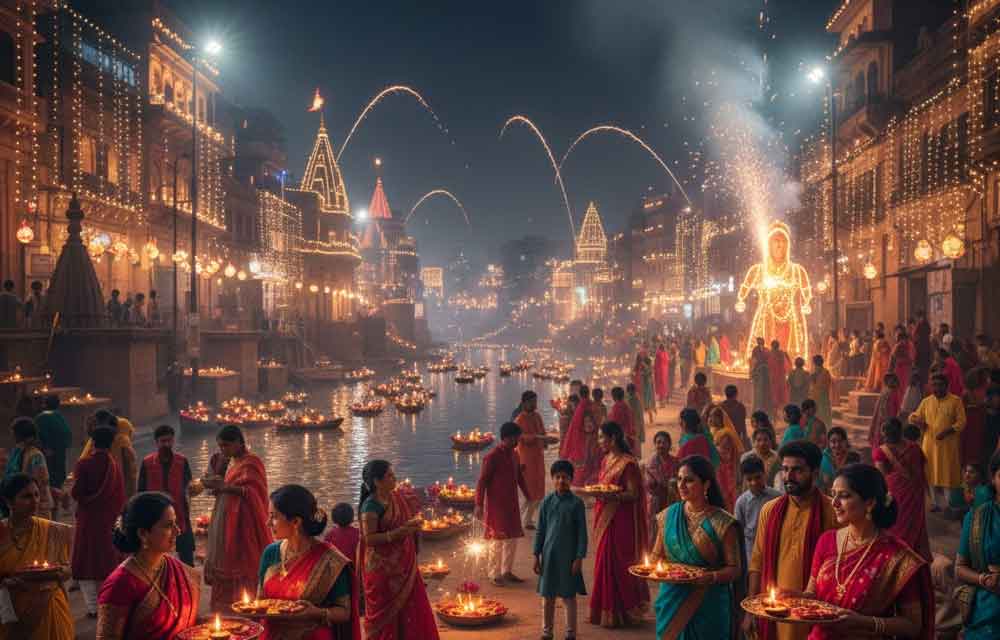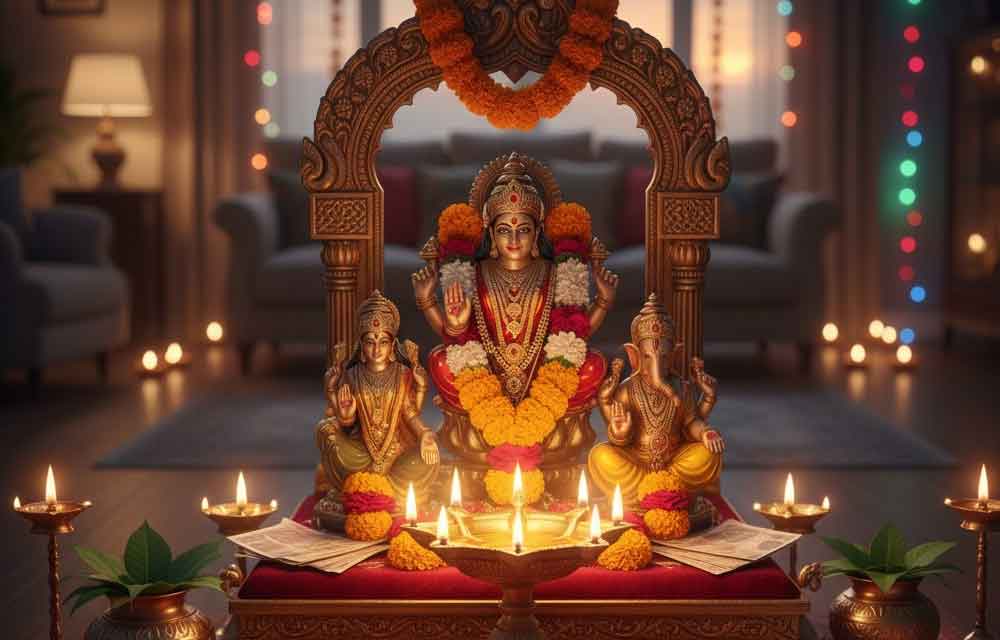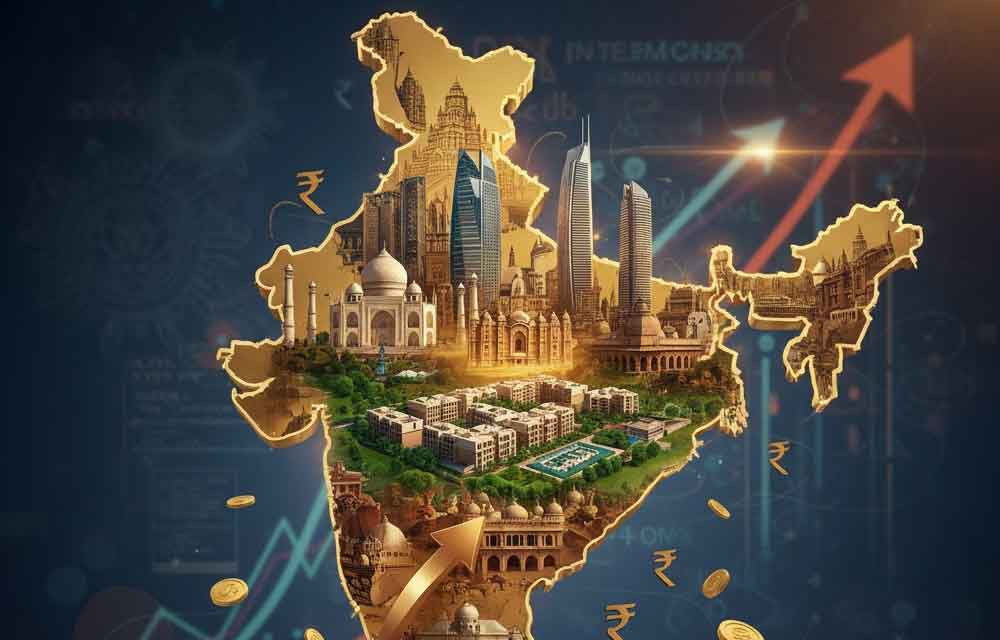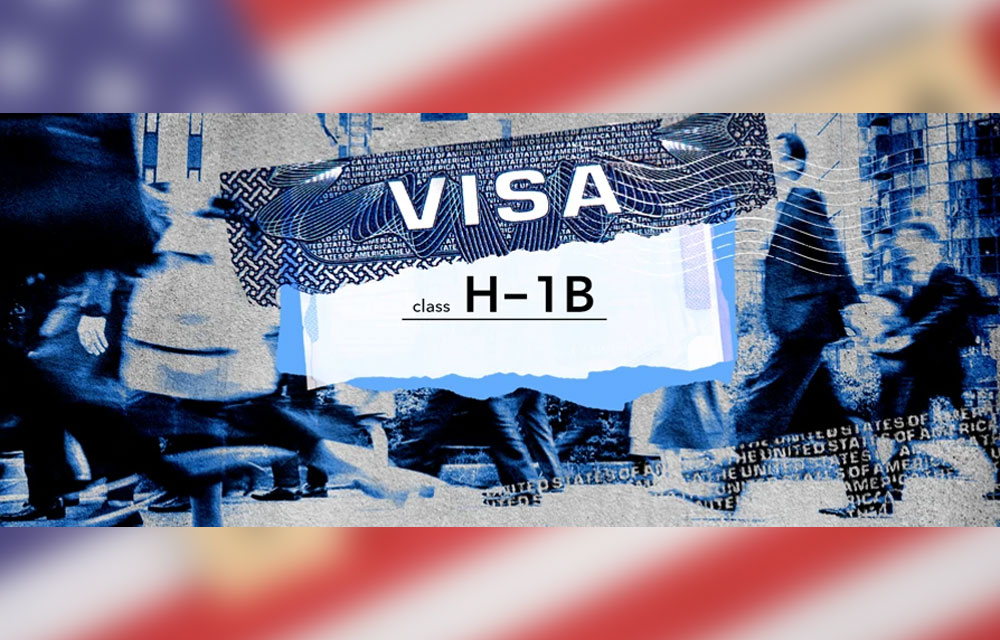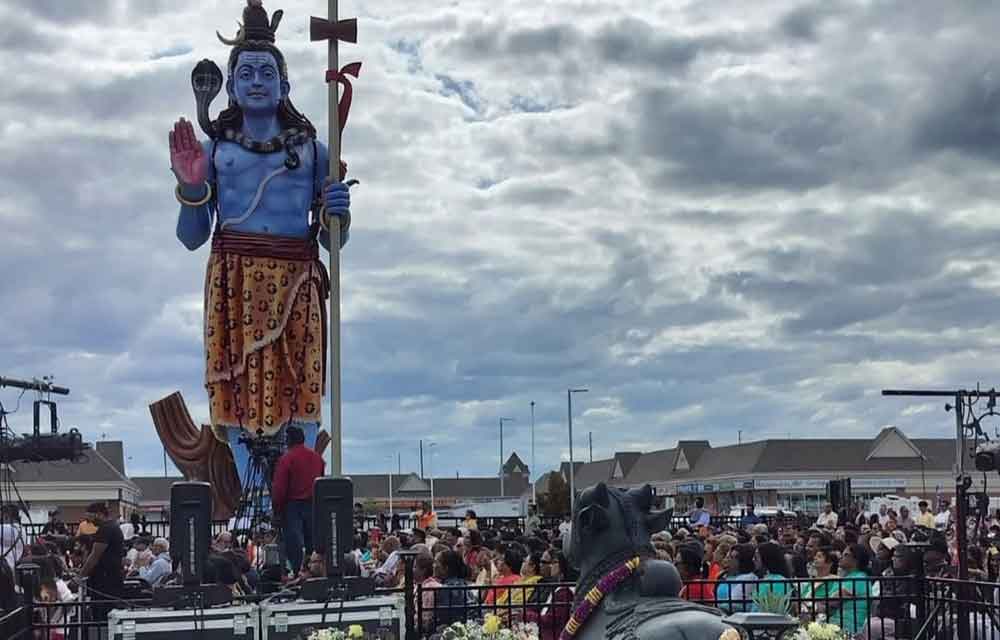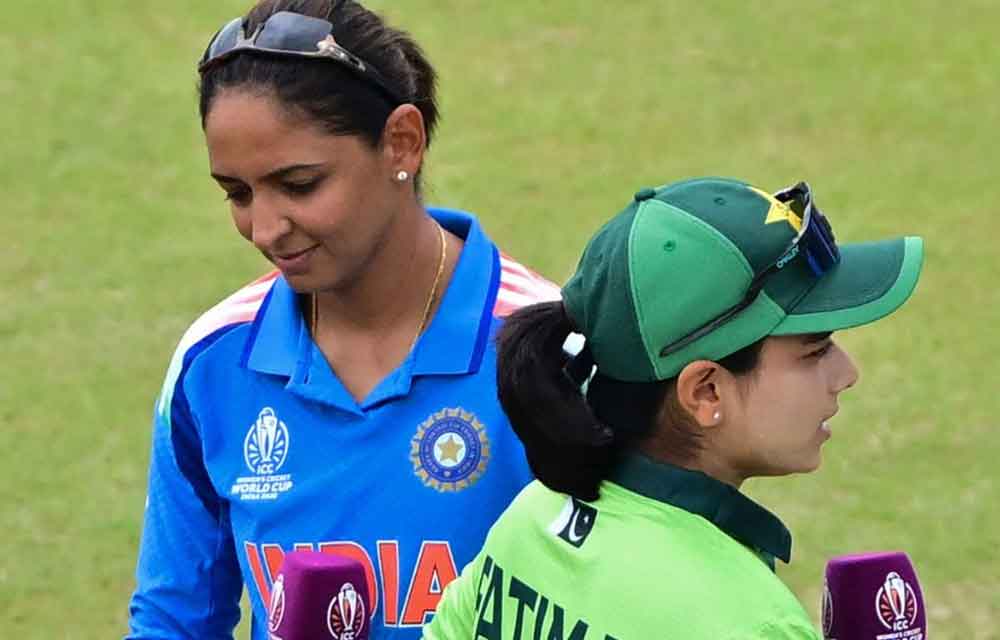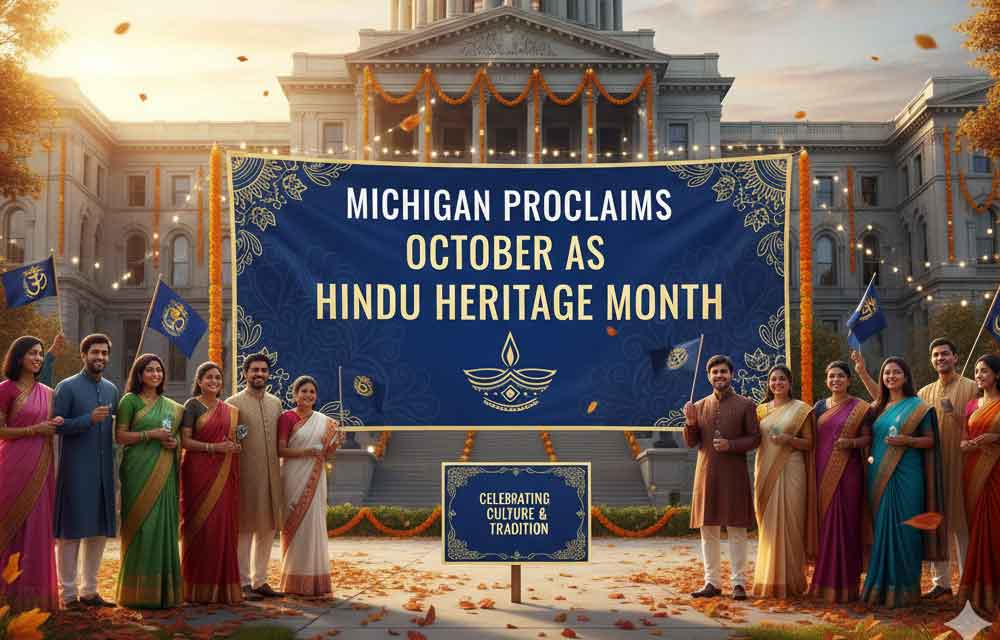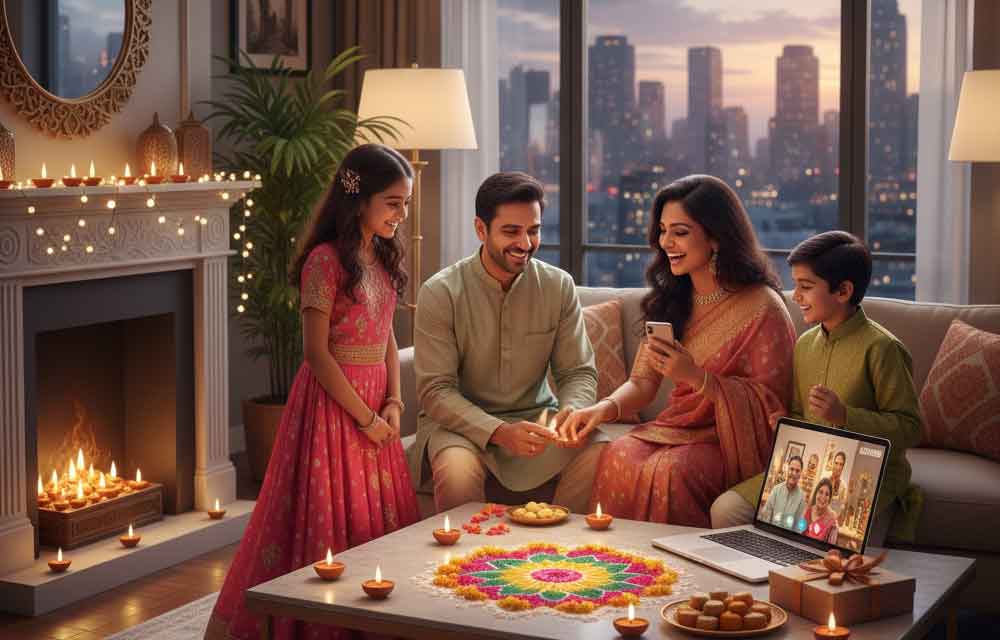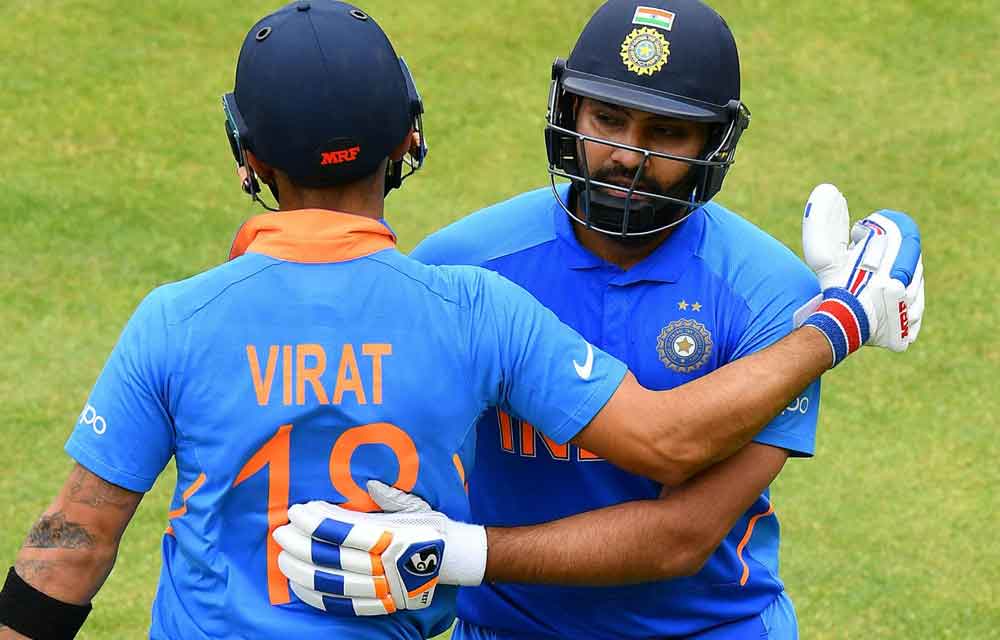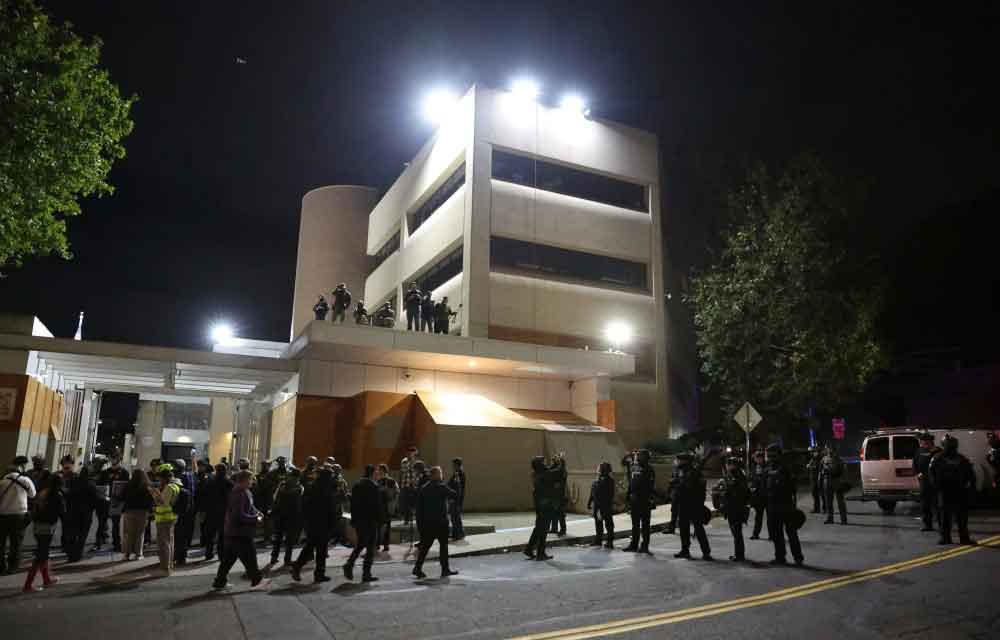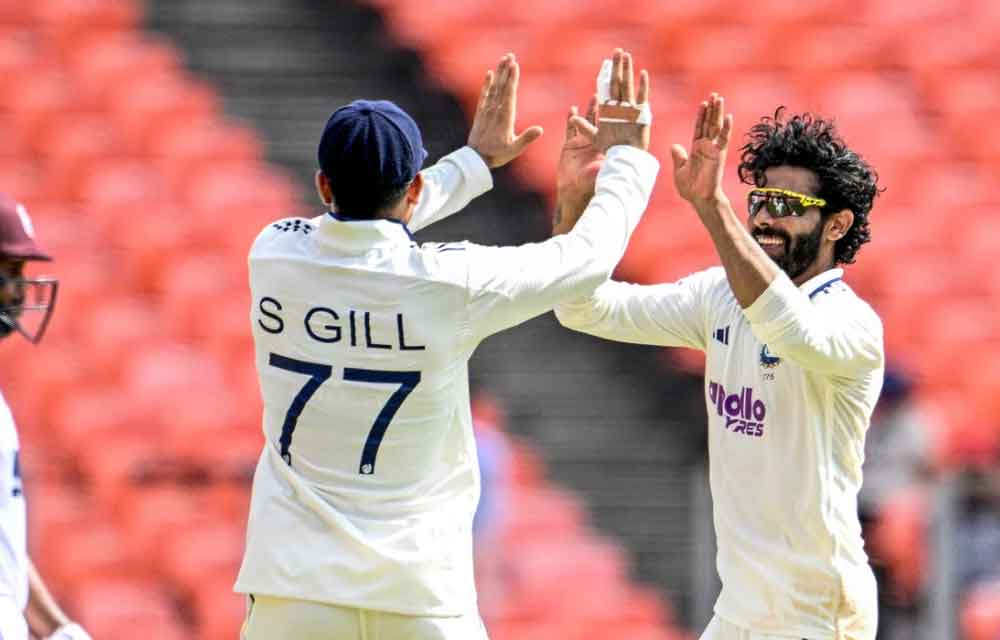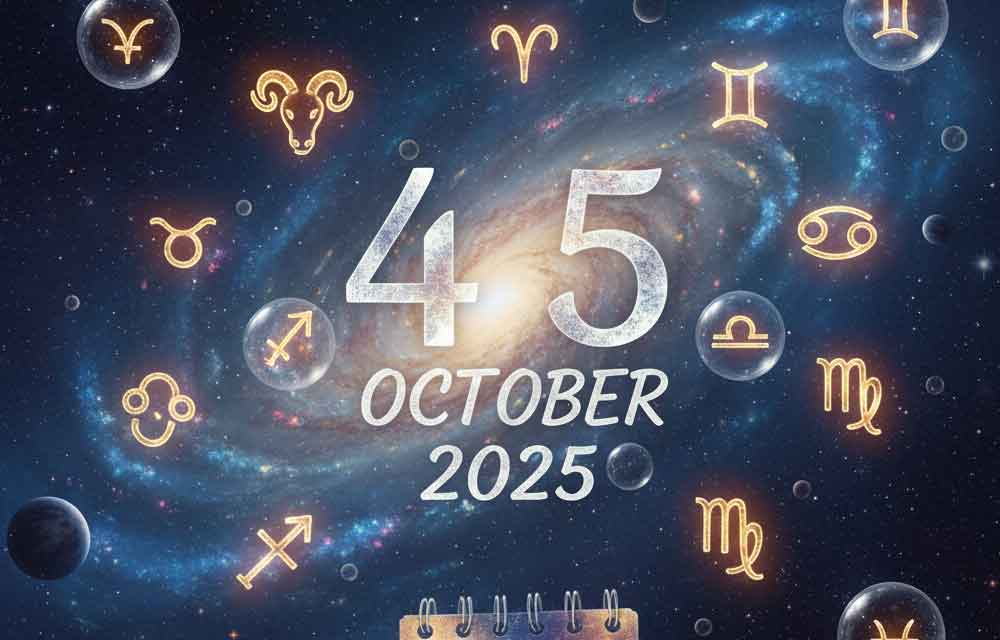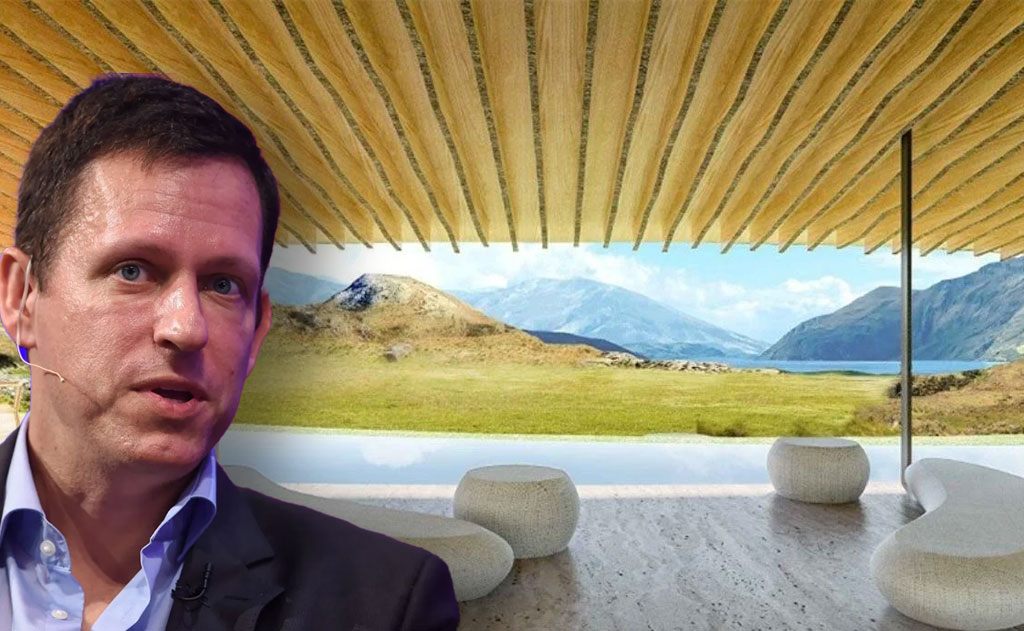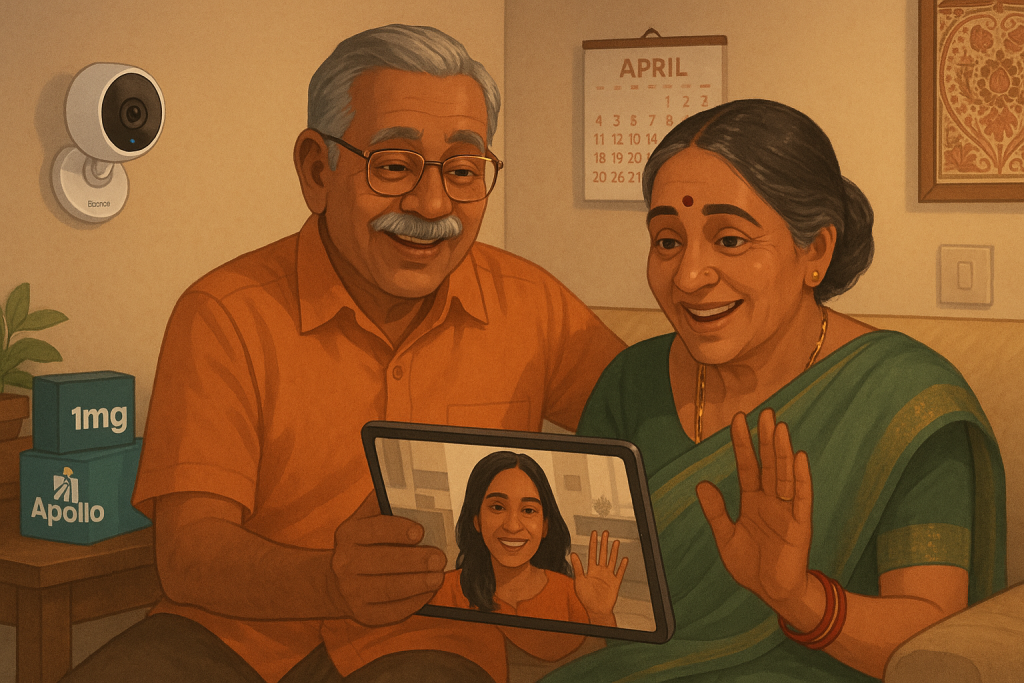Regional Diwali Traditions: How Different States of India Celebrate the Festival of Lights
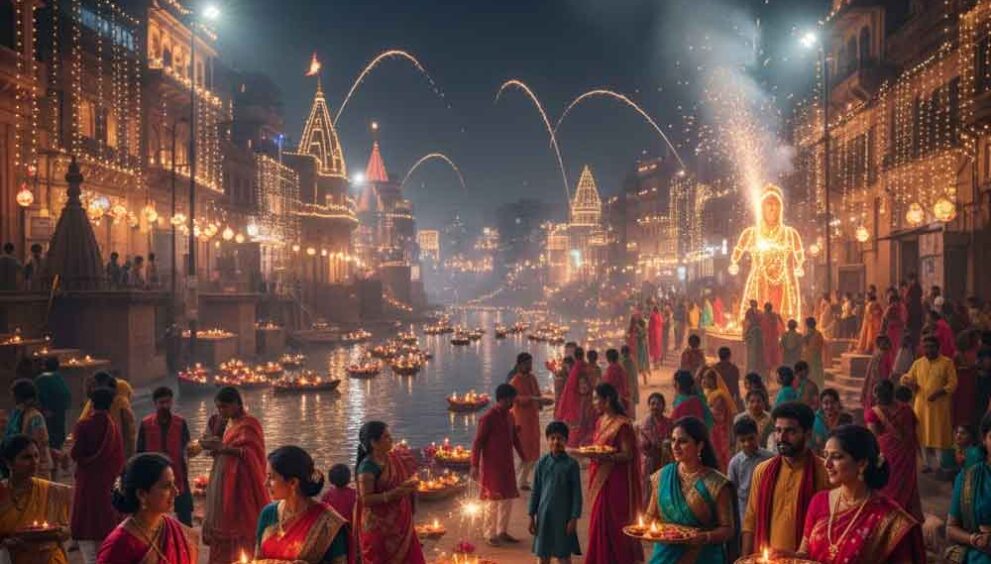
Diwali, the festival of lights, illuminates every corner of India, but each region adds its own vibrant hues to this grand celebration. While the essence of victory of light over darkness remains constant, the customs, deities worshipped, and traditions practiced vary beautifully across the Indian subcontinent. Let’s embark on a cultural journey to discover how different states celebrate this auspicious festival.
Diwali in West Bengal: Kali Puja Takes Center Stage
Why Bengal Celebrates Kali Puja During Diwali
In West Bengal, the night of Diwali coincides with Kali Puja, one of the most significant festivals in Bengali culture. Unlike most of India where Goddess Lakshmi is worshipped, Bengalis devotedly worship Maa Kali, the fierce form of Goddess Durga.
Key Traditions:
- Elaborate pandals are erected across cities featuring stunning idols of Goddess Kali
- Devotees offer hibiscus flowers, sweets, and sometimes animal sacrifices
- All-night vigils with prayers, bhajans, and cultural programs
- Famous poets like Ramprasad Sen’s devotional songs fill the air
- Cremation grounds become sacred spaces for tantric rituals
The celebration peaks at midnight, considered the most auspicious time to worship the goddess who destroys evil and grants liberation.
Diwali in Odisha: Kartik Purnima Celebrations
Odisha’s Diwali celebration extends beyond a single day. The state observes Kartik Purnima, marking the end of the holy month of Kartik with unique traditions:
- Boita Bandana: A maritime tradition where people float miniature boats made of cork, paper, or banana stems in rivers and ponds, commemorating Odisha’s ancient maritime trade history
- Homes are adorned with earthen lamps for an entire month
- The Chhata Puja involves worshipping umbrellas as a symbol of protection
- Special prayers are offered to Lord Kartikeya
Diwali in North India: The Classic Celebrations
Diwali in Uttar Pradesh and Delhi: Ram’s Homecoming
Northern states celebrate Diwali with the traditional narrative of Lord Rama’s return to Ayodhya after 14 years of exile and his victory over Ravana.
Notable Traditions:
- Grand Ramlila performances culminate on Dussehra, leading up to Diwali
- Lakshmi Puja on Diwali night with elaborate rituals
- Govardhan Puja the next day, when cowherd communities worship Lord Krishna
- Bhai Dooj celebrates the brother-sister bond
- Firecrackers, rangoli, and sharing of sweets dominate the festivities
Ayodhya Diwali: The birthplace of Lord Rama hosts the world’s largest display of oil lamps, with over 600,000 diyas lit along the Saryu River, creating a spectacular sight that attracts visitors globally.
Diwali in Punjab: Bandi Chhor Divas
For the Sikh community in Punjab, Diwali holds special significance as Bandi Chhor Divas (Day of Liberation), commemorating Guru Hargobind Ji’s release from Gwalior Fort along with 52 kings in 1619.
Unique Customs:
- The Golden Temple in Amritsar is illuminated with thousands of lights and diyas
- Special prayers and kirtan are held at gurdwaras
- Community langar (free meals) are served on a grand scale
- Fireworks display at the Golden Temple complex
- Fairs and festivities continue for several days
Diwali in Western India: Maharashtra and Gujarat
Diwali in Maharashtra: New Year and Business Beginnings
Maharashtra celebrates Diwali as the Marathi New Year, making it both a spiritual and commercial fresh start.
Regional Practices:
- Vasu Baras: Worship of cows and calves on the first day
- Bhau Beej: Similar to Bhai Dooj, sisters pray for their brothers’ long life
- Shops and businesses perform Chopda Pujan (account book worship)
- Special Faral snacks like chakli, karanji, and shankarpali are prepared
- Homes are decorated with intricate rangoli patterns
Gujarat Diwali: Longest Celebration in India
Gujarat boasts the longest Diwali celebration, spanning five to six days with distinct rituals each day.
Day-by-Day Celebrations:
- Agyaras/Gyaras: Beginning of festivities with home cleaning
- Dhanteras: Purchasing gold, utensils, and new items
- Kali Chaudas: Defeating laziness and evil spirits
- Diwali: New Year celebrations with Lakshmi Puja
- Bestu Varas (New Year): Visiting family and exchanging gifts
- Bhai Beej: Celebrating sibling bonds
Special Food: Traditional delicacies like mohanthal, ghughra, and muthiya are prepared in abundance.
Diwali in South India: Naraka Chaturdashi Emphasis
Diwali in Tamil Nadu: Victory Over Narakasura
Tamil Nadu celebrates Diwali primarily as Naraka Chaturdashi, commemorating Lord Krishna’s victory over the demon Narakasura.
Distinct Traditions:
- Early morning oil bath before sunrise, believed to cleanse sins
- Wearing new clothes and bursting firecrackers at dawn (not night)
- Preparing special sweets like murukku, adhirasam, and boli
- Lighting oil lamps in the evening
- Celebration is more subdued compared to North India
Kerala Diwali: A Quieter Affair
In Kerala, Diwali celebrations are relatively low-key as the state’s major festival is Onam.
How Kerala Observes Diwali:
- Simple prayers and lighting of lamps
- Naraka Chaturdashi observance with rituals to honor ancestors
- Some communities prepare special payasam and traditional meals
- Focus on spiritual reflection rather than grand celebrations
Karnataka Diwali: Bali Pratipada Significance
Karnataka celebrates with a unique focus on Bali Pratipada, honoring the legendary King Bali.
Regional Customs:
- Creating a representation of King Bali with cow dung
- Naraka Chaturdashi oil bath ritual
- Preparing special dishes like Diwali pongal and variety of sweets
- Lakshmi Puja with traditional rituals
- Lighting lamps throughout the five-day celebration
Eastern and Northeastern Diwali Traditions
Assam: Kali Puja and Unique Customs
Similar to Bengal, Assam celebrates Kali Puja with great devotion during Diwali.
Special Features:
- Elaborate pandals with artistic Kali idols
- Traditional Assamese sweets like pitha and laru
- Cultural programs showcasing Bihu dance and music
- Community feasts and family gatherings
Manipur: Lighting for the Departed
In Manipur, Diwali has a poignant significance as communities light lamps to guide the souls of departed ancestors.
Unique Practices:
- Lamps are placed on hilltops, riverbanks, and cremation grounds
- Ningol Chakouba festival coincides, where married daughters visit parents
- Traditional Manipuri dishes are prepared
- Cultural performances celebrate the state’s rich heritage
Goa: Narak Chaturdashi and Effigy Burning
Diwali in Goa: Demon Effigy Tradition
Goa adds a unique twist to Diwali celebrations with its Narakasura vadh tradition.
Distinctive Elements:
- Large effigies of demon Narakasura are created and paraded
- Effigies are burnt in the early morning hours before dawn
- Competition for the biggest and most creative effigy
- Homes are decorated with paper lanterns and traditional lamps
- Special Goan sweets and savories are prepared
Common Threads Across All Regions
Despite regional variations, certain elements unite Diwali celebrations across India:
Universal Diwali Customs
- Cleaning and decorating homes to welcome prosperity
- Lighting diyas and candles symbolizing light over darkness
- Rangoli designs adorning entrances
- New clothes worn by family members
- Sweets and festive foods shared with loved ones
- Gift exchanges strengthening relationships
- Prayer and worship seeking blessings for the year ahead
The Spiritual Core
Regardless of which deity is worshipped or which legends are commemorated, Diwali across India represents:
- Victory of good over evil
- Knowledge over ignorance
- Hope over despair
- Light over darkness
Modern Diwali: Blending Tradition with Contemporary Values
Contemporary Diwali celebrations across India are evolving:
Eco-Friendly Celebrations:
- Increasing preference for clay diyas over plastic decorations
- Reduced firecracker usage for environmental and health concerns
- Green crackers gaining popularity
- Plant-based rangoli colors
Social Consciousness:
- Community celebrations bringing people together
- Charity and donations to underprivileged communities
- Supporting local artisans by purchasing handmade diyas and decorations
Digital Age Adaptations:
- Virtual celebrations connecting families across distances
- Online puja services
- Digital greeting cards and video messages
Tips for Experiencing Regional Diwali Traditions
If you want to witness different regional celebrations:
- Plan ahead: Book accommodations early as Diwali is peak travel season
- Respect local customs: Each region has specific traditions and sensitivities
- Participate respectfully: Ask permission before photographing religious ceremonies
- Try regional foods: Each state offers unique Diwali delicacies
- Attend local events: Many cities host public celebrations and cultural programs
Conclusion: Unity in Diversity
India’s Diwali celebrations exemplify the country’s beautiful principle of “unity in diversity.” From the fierce Kali Puja in Bengal to the maritime traditions of Odisha, from Punjab’s Bandi Chhor Divas to Tamil Nadu’s early morning celebrations, each region contributes its unique thread to the rich tapestry of Indian culture.
This diversity makes Diwali not just a single festival but a collection of celebrations, each telling its own story while honoring the universal themes of light, prosperity, and the triumph of good. Whether you worship Rama, Krishna, Lakshmi, or Kali, whether you burst crackers at dawn or dusk, whether your celebration is grand or simple, Diwali brings Indians together in a shared spirit of joy, hope, and renewal.
As you celebrate Diwali this year, take a moment to appreciate the rich regional variations that make this festival truly special. Perhaps explore a tradition different from your own, taste a regional delicacy, or learn about how your fellow Indians celebrate. In doing so, you’ll discover that Diwali is not just about lights and sweets—it’s about the incredible cultural wealth of India itself.
Happy Diwali! Shubh Deepavali! सुख समृद्धि का पर्व दीपावली की शुभकामनाएं!

 English
English 